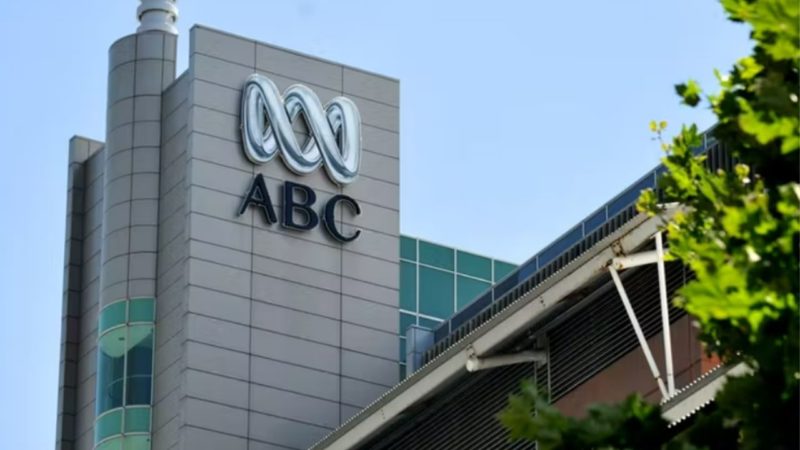Media diversity, the ABC, digital security and local content: what the key parties are offering this election
With just a few short days to go until the big day, and the election ad blackout finally underway, Mumbrella’s Kalila Welch took a look at how the parties compare on the key policy issues affecting the media and marketing industries.
We’re coming to the end of what has been a gruelling six weeks for those out on the campaign trail and for those who continue to watch along at home, and while climate, cost-of-living and the economy have been the biggest policy issues of this election cycle, the outcome of the election could also have some effect on the broader media industry.
Though communications policies have been for the most part, typically sparse, media diversity, funding for the ABC, the regulation of big tech, and local content production have each evolved into policy issues that have been addressed, at least in some capacity, by most parties over the course of this election campaign.

Funding for the national broadcaster has become a key policy issue for the major parties this election campaign, with both Labor and Liberal promising increased funding for the ABC and SBS.

